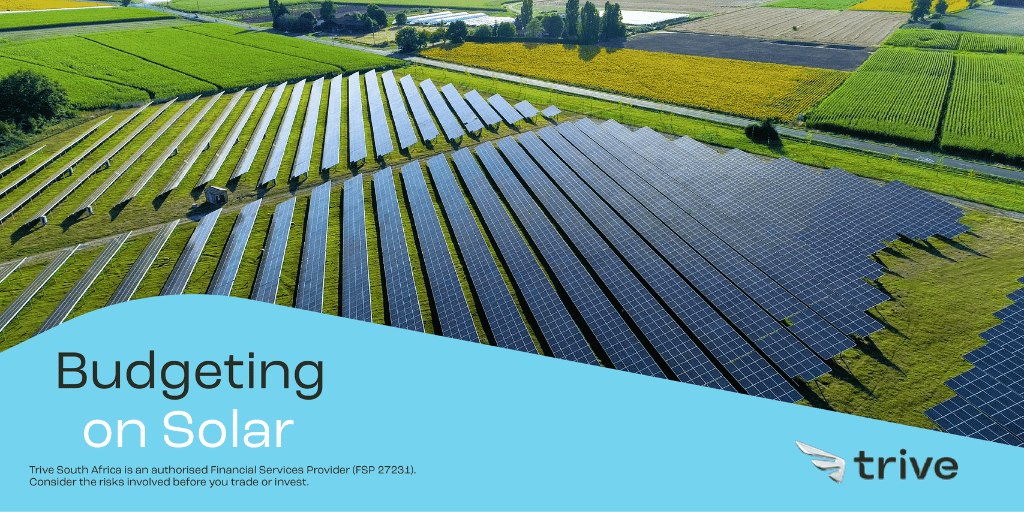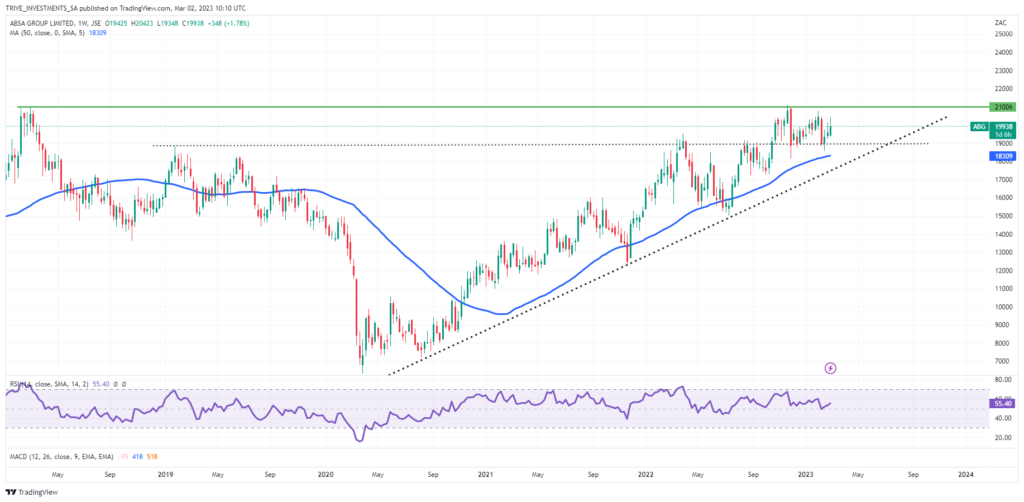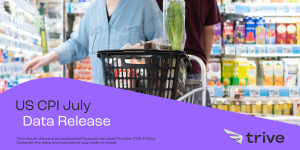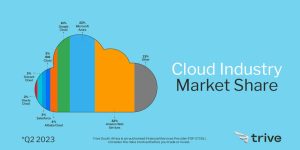
Renewable power sources are the latest craze to hit SA after the recent budget speech, which has seen everyone around the campfire talking about solar energy.
The energy crisis in the country has become a top priority, finally, which was evident by the latest State of the Nation address and the latest Budget speech. The government has stepped up its efforts to fast-track the resolution of the energy crises with various incentives and initiatives. The relaxing procurement rules for renewable energy projects are seen as a short-term win, not to mention the tax incentives linked to rooftop solar panels by households and businesses.
So, what’s all the Hype around Renewable Energy
Renewable energy is becoming increasingly important as the world faces the challenge of climate change. Renewable energy sources, such as solar, wind, and hydro, are generated from natural processes and are replenished over time, making them sustainable for the long term. These energy sources do not produce greenhouse gases or other pollutants, which means they are much better for the environment and human health than traditional energy sources such as coal and oil.
Using renewable energy also reduces dependence on fossil fuels and increases energy security. By diversifying our energy sources, we can reduce our vulnerability to supply disruptions, price fluctuations, and geopolitical tensions associated with traditional energy sources. Furthermore, renewable energy can provide economic benefits by creating jobs, reducing energy costs, and fostering innovation. Renewable energy can also help mitigate climate change’s impacts by reducing
greenhouse gas emissions. As countries and organisations set targets for reducing emissions and limiting global warming, using renewable energy will play a critical role in achieving these goals.
Overall, renewable energy is essential for a sustainable future. Investing in and adopting renewable energy sources can reduce our carbon footprint, protect the environment, enhance energy security, and drive economic growth.
Going Solar
If you have been stuck in a cave or some arctic retreat over the last few years, here are some touch points on Solar energy. Solar energy is a renewable energy source that harnesses the power of the sun to generate electricity. It is one of the most promising renewable energy sources and has grown tremendously recently. Solar energy has many benefits, including being clean, abundant, and accessible worldwide.
The technology used to harness solar energy has improved significantly over the years, making it more efficient and cost-effective. Photovoltaic (PV) cells convert sunlight into electricity and are the most common way to generate solar energy. PV cells can be used in various applications, from small-scale installations on residential homes to large-scale solar farms.
Solar energy has the potential to revolutionise the energy sector. It is a decentralised energy source, which means it can be generated where needed most, reducing the need for costly and inefficient transmission infrastructure. Solar energy also has the potential to provide electricity to remote and underserved areas that lack access to reliable energy sources.
Another advantage of solar energy is that it is a clean energy source that produces no greenhouse gases or other harmful emissions. This makes it an environmentally friendly alternative to traditional sources of energy, such as coal and natural gas, which are significant contributors to climate change.
Overall, solar energy is a promising source of renewable energy that has the potential to transform the way we generate and consume energy. As technology improves and costs decline, solar energy will likely play an increasingly important role in combatting our energy crises.
Looking at the latest budget speech, tax incentives will be introduced for individuals who install rooftop solar panels. There a rebate of 25% of the cost is up for grabs for individuals who install these panels after March first 2023, capped at R15 000. This incentive will be available for one year only, which can reduce the tax liability in the 2023/24 tax year.
Big Banking is getting involved.
South Africa’s third largest lender, Absa Group Limited (JSE: ABG), has positioned itself nicely as the renewable energy sector’s financier of choice. The banking group has successfully financed 58% of the Renewable Independent Power Producer Programme (REIPPP) projects. The Renewable Independent Power Producer Programme (REIPPP) aims to bring additional megawatts onto the
country’s electricity system through private sector investment in wind, biomass, and small hydro.
Looking at the banking group’s latest trading update, we can see that Group revenue for 2022 is expected to increase by mid-teens year-on-year, driven primarily by superior non-interest income growth in part due to a recovery in life insurance revenue off a low base. Return on equity is expected to improve year-on-year to slightly below 17%, well above the bank’s cost of equity.
Headline earnings per share (HEPS) for 2022 is expected to increase by 10% to 15% from 2021 comparative of 2147.1 cents to between 2362 cents and 2469 cents. Official financial results will be released on March thirteenth 2023.

Roundup
Some near-term headwinds for the SA banking sector could be that latest greylisting by the global anti-money laundering watchdog, the Financial Action Task Force (FATF). Additional resources that need to be allocated and implemented across the financial sectors could weigh heavily on the banking sector. Still, National Treasury expects a limited impact on the country’s financial stability “the costs of increased monitoring will be [substantially] lower than the long-term costs of allowing
the economy to be [further] contaminated by the proceeds of [financial] crime and corruption”.
Sources: SA National Treasury, BusinessDay, Absa Group Limited, TradingView.
Disclaimer: Trive South Africa (Pty) Ltd, Registration number 2005/011130/07, and an Authorised Financial Services Provider in terms of the Financial Advisory and Intermediary Services Act 2002 (FSP No. 27231). Any analysis/data/opinion contained herein are for informational purposes only and should not be considered advice or a recommendation to invest in any security. The content herein was created using proprietary strategies based on parameters that may include price, time, economic events, liquidity, risk, and macro and cyclical analysis. Securities involve a degree of risk and are volatile instruments. Market and economic conditions are subject to sudden change, which may have a material impact on the outcome of financial instruments and may not be suitable for all investors. When trading or investing in securities or alternative products, the value of the product can increase or decrease meaning your investment can increase or decrease in value. Past performance is not an indication of future performance. Trive South Africa (Pty) Ltd, and its employees assume no liability for any loss or damage (direct, indirect, consequential, or inconsequential) that may be suffered from using or relying on the information contained herein. Please consider the risks involved before you trade or invest.




